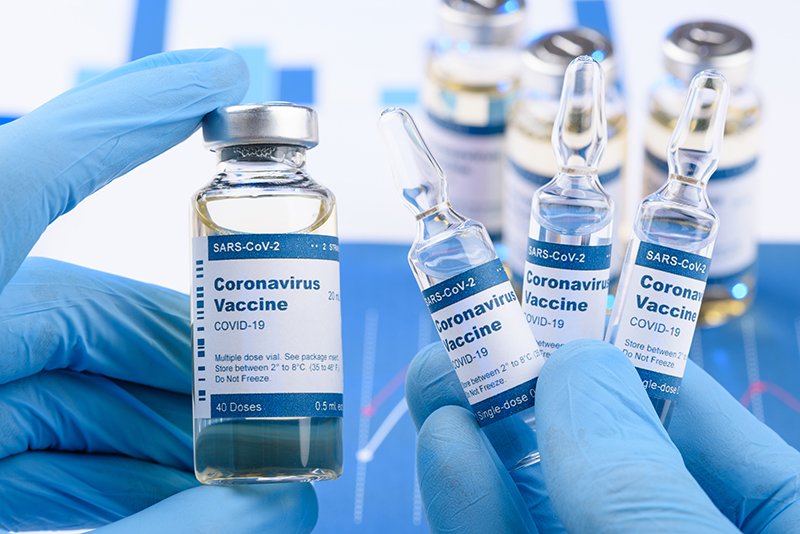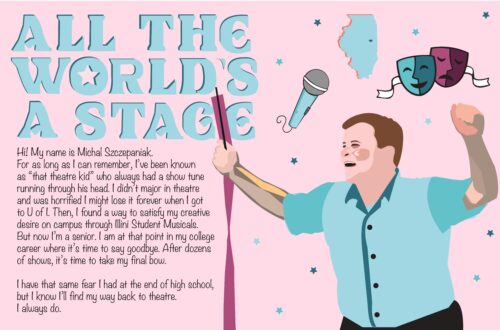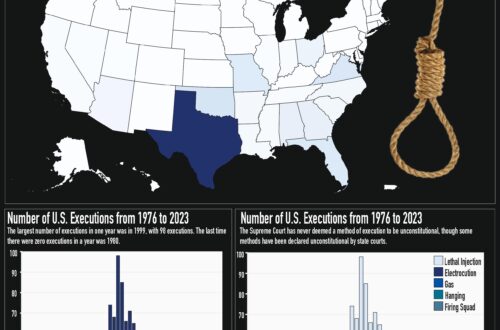While the coronavirus vaccine becomes more readily available, the nation remains divided over whether to reserve appointments. Over the last several months, vaccination distribution has been in full swing, with many individuals eagerly awaiting their time to receive their shot.
As vaccination availability continues to grow, and while most Americans said they would ‘probably’ or ‘definitely’ receive a COVID-19 shot, those who contested the vaccine’s production nearly evened out those who were for it.
According to Pew Research Center, almost half of U.S. adults (49%) were against getting vaccinated in Sept. 2020, as that percentage steadily declined to 30% in Feb. 2021. With more Americans planning on getting vaccinated, anti-vaxxers continue to be a smaller margin of the country’s overall population.
University of Illinois junior Evan Neilson works as a wellness ambassador on campus as his job has enabled him to be a vaccine advocate for his fellow students. He, like most Americans, wanted to schedule his vaccination as soon as the opportunity arose.
“From the initial weeks with COVID-19, I basically knew that I would get vaccinated as soon as possible because I trust the research put in by those who have been working towards this goal since the pandemic started,” explained Neilson. “And because of my job, I want to practice what I preach and do what I want all of my peers to do. All Illinois students have been given the opportunity to receive their vaccines, and we all want our college experience to return to normal in the fall, so that’ll definitely be more achievable with everyone getting vaccinated.”
Several factors influence an individual’s attitude towards the vaccine, including trust in immunization research, levels of personal concern and habits with the seasonal flu shot. All of these aspects ultimately contribute to an individual’s decision in getting the vaccine or not.
Pew Research Center conducted another poll in Feb. 2021, in which 72% of respondents who would ‘probably’ or ‘definitely’ not receive the vaccine were concerned about side effects. Along with these concerns, 67% also said the immunization was developed too quickly for them to trust it fully.
University of Illinois sophomore Maya O’Neill received her second dose of the Moderna vaccine on April 8, 2021. While she anticipated some uncomfortable side effects after her shot, O’Neill reflects on her experience positively.
“Getting my vaccine was actually such an awesome experience,” she said. “As soon as I discovered I was eligible to receive it, I booked my appointment that same day. I didn’t even have to think about it. That day, I felt a sense of hope for a brighter future that I haven’t had since the beginning of the pandemic. If I could be part of this change, why not take that opportunity?”
As of April 19, all Americans are eligible to receive a COVID-19 vaccine through their medical health care provider or any local vaccination site. While the future remains uncertain, people around the world are regaining a sense of public safety with increased vaccinations.




